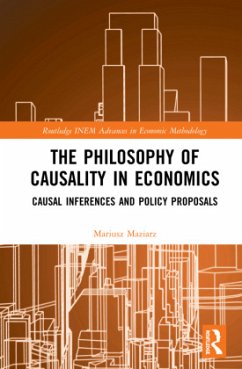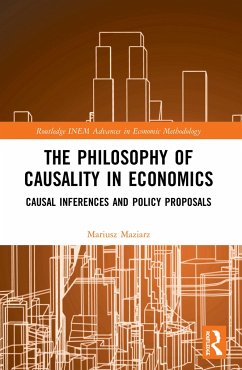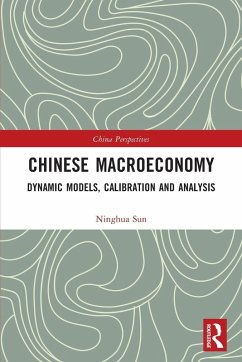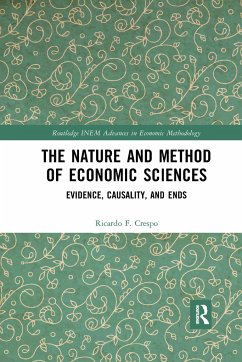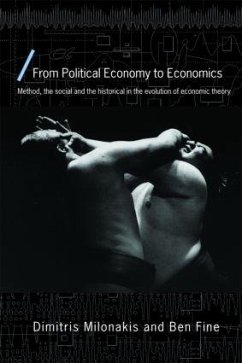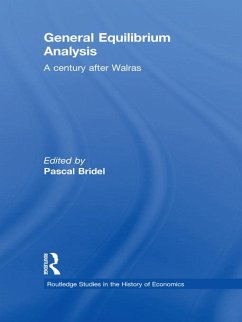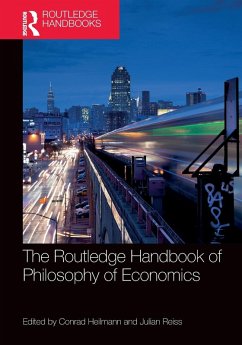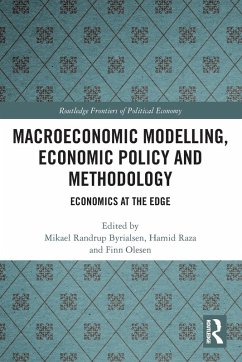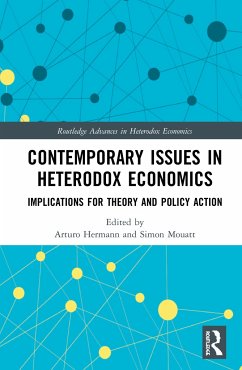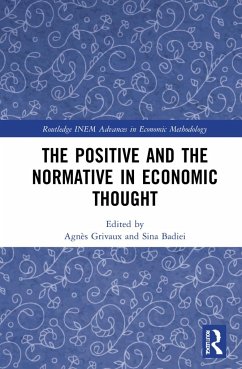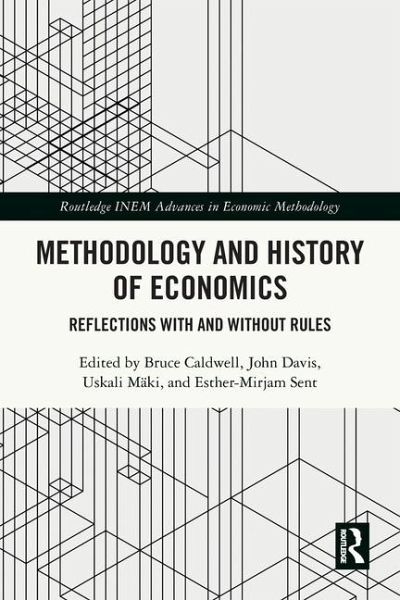
Methodology and History of Economics
Reflections with and without Rules
Herausgegeben: Caldwell, Bruce; Davis, John; Mäki, Uskali; Sent, Esther-Mirjam
Versandkostenfrei!
Versandfertig in 6-10 Tagen
43,99 €
inkl. MwSt.
Weitere Ausgaben:

PAYBACK Punkte
22 °P sammeln!
This edited volume provides an in-depth exploration into the influential work of Wade Hands, examining the changing relationship between methodology and the history of economics in connection with contemporary developments in economics.The papers in this volume fall into four parts, each devoted to an important theme in Wade Hands' work. The first part explores the influence and scope of Reflection without Rules, capturing the rich debate that the book generated about what guides methodological and philosophical thinking in economics. The second part examines Hands' research on Paul Samuelson'...
This edited volume provides an in-depth exploration into the influential work of Wade Hands, examining the changing relationship between methodology and the history of economics in connection with contemporary developments in economics.
The papers in this volume fall into four parts, each devoted to an important theme in Wade Hands' work. The first part explores the influence and scope of Reflection without Rules, capturing the rich debate that the book generated about what guides methodological and philosophical thinking in economics. The second part examines Hands' research on Paul Samuelson's economics and the methodological dimensions of Samuelson's thinking. Part three looks to Hands' long-standing interest in the philosophical foundations of pragmatist thinking. The final part addresses his more recent research in the methodological import of the emergence of behavioural economics. Together, the contributors show how Hands' insights in complexity theory, identity, and stratification are key to understanding a reconfigured economic methodology. They also reveal how his willingness to draw from multiple academic disciplines gives us a platform for interrogating mainstream economics and provides the basis for a humane yet scientific alternative.
This unique volume will be essential reading for advanced students and researchers across social economics, history of economic thought, economic methodology, political economy, and philosophy of social science.
The papers in this volume fall into four parts, each devoted to an important theme in Wade Hands' work. The first part explores the influence and scope of Reflection without Rules, capturing the rich debate that the book generated about what guides methodological and philosophical thinking in economics. The second part examines Hands' research on Paul Samuelson's economics and the methodological dimensions of Samuelson's thinking. Part three looks to Hands' long-standing interest in the philosophical foundations of pragmatist thinking. The final part addresses his more recent research in the methodological import of the emergence of behavioural economics. Together, the contributors show how Hands' insights in complexity theory, identity, and stratification are key to understanding a reconfigured economic methodology. They also reveal how his willingness to draw from multiple academic disciplines gives us a platform for interrogating mainstream economics and provides the basis for a humane yet scientific alternative.
This unique volume will be essential reading for advanced students and researchers across social economics, history of economic thought, economic methodology, political economy, and philosophy of social science.





